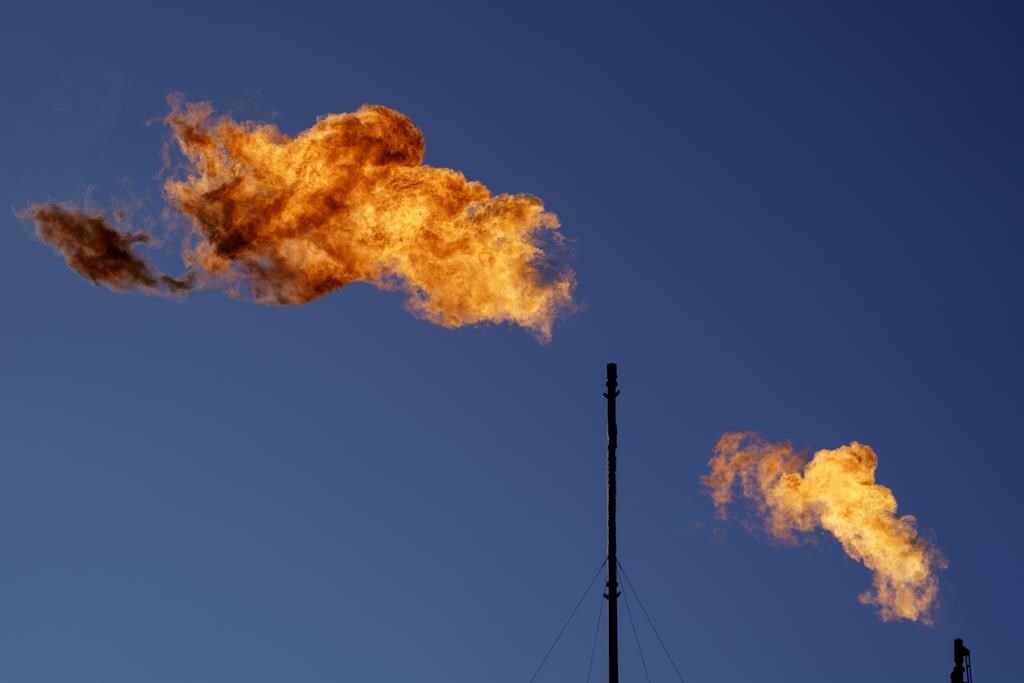101.7 FM
88.1HD2
 8.85 c
8.85 c101.7 FM
88.1HD2
Alberta, Saskatchewan methane emissions almost 4 times more than reported: Research
BY Connect News, Feb 21, 2023 7:00 PM - REPORT AN ERROR
They found those sites released 3.9 times as much methane than was reported to government inventories. (Photo: The Canadian Press)
New research using advanced technology suggests heavy oil facilities in Alberta and Saskatchewan are releasing almost four times the amount of a powerful greenhouse gas than they report to government.
The research, published in the journal Environmental Science and Technology, pioneers new methods of measuring methane emissions that question current industry practice, said author Matthew Johnson, an engineering professor at Carleton University in Ottawa.
"A lot of these (reports) are done on estimates," said Johnson. "Clearly, they're not very accurate."
Methane is a gas emitted as a byproduct of oil production that is often rated as 25 times more potent a greenhouse gas than carbon dioxide. Industry and government are trying to cut those emissions by three-quarters, but measuring how large they are has been difficult.
"These are hard measurements", said Johnson.
Industry generally relies on an estimate of how much methane comes to the surface for each barrel of oil, then multiplies that measurement by how much oil is produced.
In recent years, several studies using direct measurement from overflying aircraft have thrown doubt on that method.
Johnson said the amount of methane associated with oil is highly variable, which makes calculations based on that ratio unreliable.
Johnson and his colleagues used the latest airborne technology as well as ground-based sensors to measure methane emissions from 962 heavy oil facilities in Alberta and Saskatchewan that use the so-called CHOPS technology, which uses sand to help force oil to the surface.
They found those sites released 3.9 times as much methane than was reported to government inventories.
That's more than 10,000 kilograms per hour, as compared to the nearly 2,700 kilograms per hour industry reports.
Share on
Related News
Sign up for the newsletter
We'll deliver best of entertainment right into your inboxWe love to hear from our listeners, so feel free to send us message















